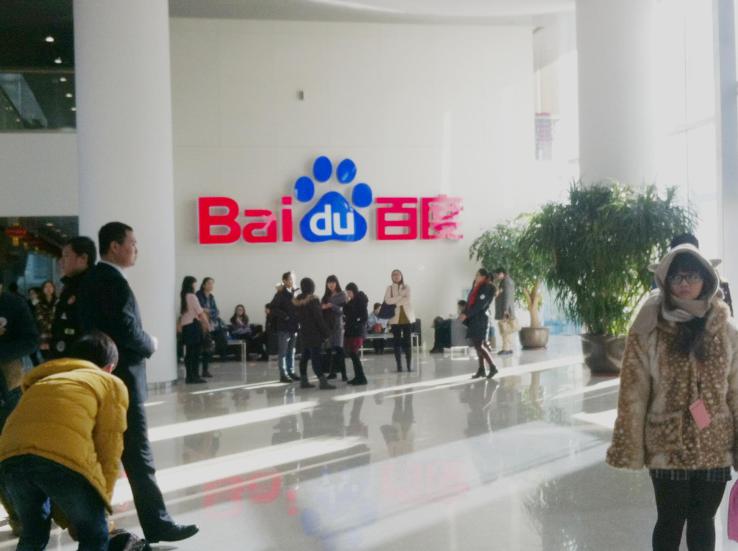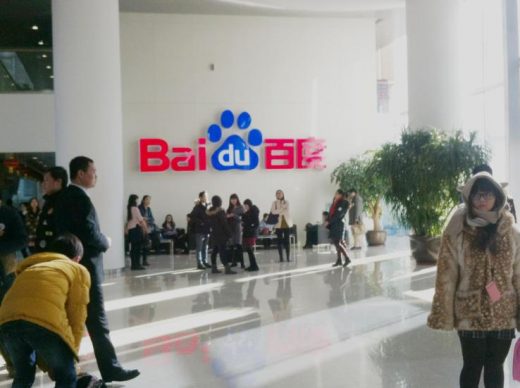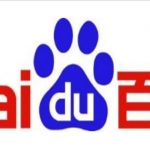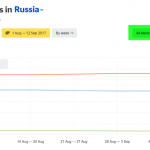Baidu Acquires AI Voice Assistant To Compete With Google, Amazon
Baidu Acquires AI Voice Assistant To Compete With Google, Amazon
by Laurie Sullivan @lauriesullivan, February 17, 2017
One of China’s top search engines, Baidu, has acquired a Y Combinator-backed startup and the company’s answer to competing with Google Home and Amazon Echo. Terms of the deal were not disclosed.
Raven Tech, with total equity funding of about $18.12 million in four rounds from six investors, created an AI-based voice assistant launched in an app it calls Flow, which it says is “the next generation IM, the future OS.”

Baidu acquired Raven Tech’s intellectual property and technology products. Raven Tech’s 60 employees will join Baidu’s smart-home team.
The startup, based on Beijing and Silicon Valley, was founded in May 2014, and became one of the fifth “batch of graduates from Microsoft Ventures Accelerator” program — the only one from Mainland China enrolled in the Y Combinator program.
Raven Tech also has been working on a voice-assisted hardware device designed for the home, the Raven H-1, which is not yet available to consumers.
As 2017 will become the year of personalization and conversational computing, Baidu already has a firm foothold in the strategy. The company hired Baidu chief scientist Andrew Ng to lead the Silicon Valley Lab in 2014 after about a year and a half at Google, where he founded and led the deep-learning Google Brain project.
Then in January 2017, Baidu opened an augmented reality lab and hired Qi Lu, a former Microsoft executive and leading artificial intelligence (AI) expert.
eMarketer notes that Baidu is looking for a way to generate an alternative income to augment it falling search revenue after the company faced criticism in China for the death of a student with cancer who used an experimental drug discovered through a paid-search campaign. As a result, Chinese regulator imposed new rules related to search ads.
Baidu’s revenue “took a hit” — reporting its first decline in quarterly revenue, reports eMarketer, as a result of those new government rules.
During the fourth quarter of 2016, Baidu moved into the No. 2 spot with 23.3% ad revenue share in China, behind Alibaba with 26.5% ad market share.
MediaPost.com: Search Marketing Daily
(66)













